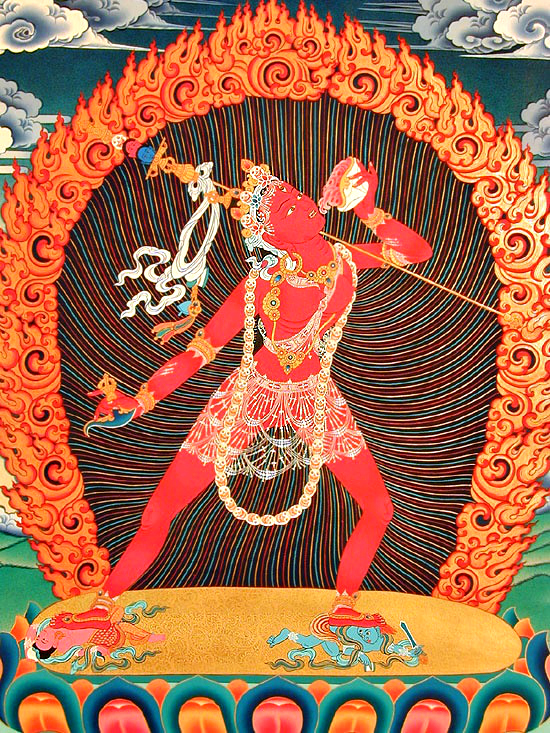
While Venus retrograde can be known to shake up the status quo of our relational lives, it is not for no greater reason. It is a source of awakening the deeper currents of passion that Venus represents, beyond superficiality or entrenched social codes of relating. The following passage is very gendered and heterosexual, and if that is not relevant to you, its interplay of yin and yang can be taken as a general metaphor for the ways in which polarity can be juicy and erotic, versus the ways that polarity creates antagonism or control dynamics. As Venus retrograde comes to a close, I want to share this passage for the way it demonstrates that sometimes the appearance of relationship dynamics changing is to accommodate more wild dimensions of oneself and other, which are not contrary to relationship but rather a primordial source of relationship. This passage is taken from John Welwood’s Journey of the Heart: The Path of Conscious Love.
“Wild female power is usually symbolized by blood and the color red, which represent vitality and fertility. In the Hindu tradition, the dark goddess-mother Kali, dancing with a necklace of skulls, represents the great ocean of blood at the beginning and end of life. The wild woman in the Tibetan Buddhist tradition – the wrathful/playful dikini, the “sky-dancer” – is often portrayed drinking blood or dripping menstrual blood on a mirror.
Blood symbolizes the circulation of energy, which maintains the vitality of our existence. It is also the cohesive element binding all the different parts of the body together in a single functioning whole. If earth is the common ground that connects us, blood symbolizes the power of earth, which brings strength and renewal. Drawing on this power, the wild female can be fierce and “bloodthirsty” when necessary. She has no use for bloodless activities, bloodless thought, bloodless relationships. You will not find her installed in front of a television set or speaking computerese. Nor does she tolerate dishonesty or self-deception. The dakini’s unconditional passion consumes dullness and insensitivity in the heart of her fiery dance. If you are pretentious or hypocritical, she will cut off your head with her dagger and wear it in a garland around her neck. In contrast to male spiritual power, which has to do with transcending phenomena, the greater spiritual power of woman involves wearing all phenomena as ornaments – celebrating the play of life’s energy as intrinsically sacred.
We have little notion of his dynamic, awakening quality of wild female energy in our culture, especially in a form that is friendly to men. The images of female strength we are most familiar with – such as Artemis, the wicked witch, or the amazon – portray a stage of women’s independence that is often hostile toward men. Images from other cultures present a different picture, however.
The red dikini is not a wild woman who, like Artemis, is aloof from men. Although she dances on a male corpse – suggesting that the wild female spirit has no use for the deadening side of a man’s conceptual mind – she also holds the white staff of her consort – symbolizing her union with masculine principle of skillful action. So, while trampling small-minded ego beneath her feet, she embraces genuine masculine wakefulness in her arms. Since the dikini embodies the vast, spacious quality of awareness that gives birth to awakened mind, she can be one of man’s greatest helpers on the path of discovering his deeper nature.
Thus in directing her wrath at man’s insensitivity, his tendency to walk around half-asleep, or his inability to make real contact, a woman can have an arousing, awakening influence on him. “Wake up! Come alive! Be present here with me!” she screams, shaking him loose from his petty worldliness that prevents him from manifesting his real power. When a man first comes across this wrathful quality in a woman, she may seem quite ruthless to him. Yet the essence of such ruthlessness, beyond all the distorted forms it may take, is wrathful compassion. This is different from crude aggression, for it arises out of the urge to cut through obstacles to greater aliveness. It is anger with the heart open.
The genuine, powerful male or female who lives deep within is available to each of us. Unfortunately, most of us have learned to distract ourselves from the call of this wild wisdom. We are often afraid of looking beneath our familiar, comfortable persona and giving up our superficial, domesticated ways. Society also teaches us to fear this deeper part of ourselves. Western psychology has sometimes reinforced this fear by portraying the “depths of the unconscious” as a primordial swamp of animalistic impulses.
…Men and women have a real need to feel the elemental, juicy quality of life in and through their relations with each other. Indeed, what we often first fall in love with is someone’s free spirit, which appears as proud, solitary and self-contained as a soaring hawk or a wolf roaming the plains. Yet though we find the wild hawk beautiful, we may also want to cage it, so that it will not fly away. Thus, consciously or unconsciously, we often try to domesticate our partners. Binding them to us and trying to make them fit our needs, we sever their connection to the roots of their power. A woman may give up her own separate friends, activities, and ways of being to please her man. Or a man may give up his solitude and come to depend on his woman for vital energy. In so doing, they lose the wild otherness and beauty that attracted them to each other in the first place. What remains are two domesticated persons who have lost the vitality and mystery essential to sustain a vibrant love.
The poet Rilke wrote that a healthy relationship is one in which two partners guard and protect each other’s solitude. In a similar vein, a man and a woman can learn to guard and protect their own and each other’s wildness. To do this, they must cultivate their own individual connection to the deeper powers of life, instead of primarily deriving their sense of aliveness from each other. Men and women who are in touch with their native powers can help each other honor their free, elemental spirit in their everyday relations. They can become powerful allies, helping each other awaken to these larger powers.” – John Welwood
I’m currently working on the forecast for next week, which is when Venus moves direct. Sign up for my mailing list to receive it straight to your inbox!
~Sabrina Monarch
 Sabrina Monarch is a soul-centered Evolutionary Astrologer who publishes weekly astrological forecasts. She has been collecting astrological experience for over a decade. She also enjoys kundalini and ashtanga yoga, hiking and creative writing. You can subscribe to receive her weekly forecasts by email here.
Sabrina Monarch is a soul-centered Evolutionary Astrologer who publishes weekly astrological forecasts. She has been collecting astrological experience for over a decade. She also enjoys kundalini and ashtanga yoga, hiking and creative writing. You can subscribe to receive her weekly forecasts by email here.



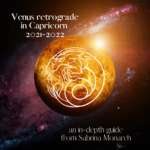


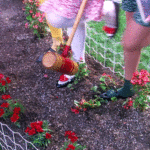

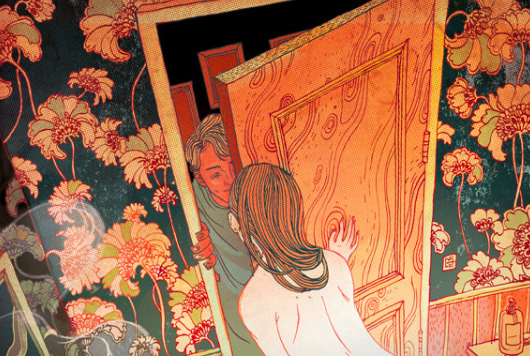
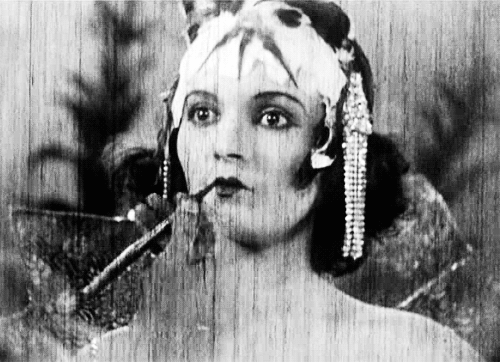

2 Comments
Vincent Tamer
April 11, 2017 at 2:31 amAwesome piece! There are beautiful intrinsic qualities to Man and Woman that are too potent to ignore, so it’s important that these ideas are shared.
monarchastro
May 7, 2017 at 3:22 pmThanks Vincent!